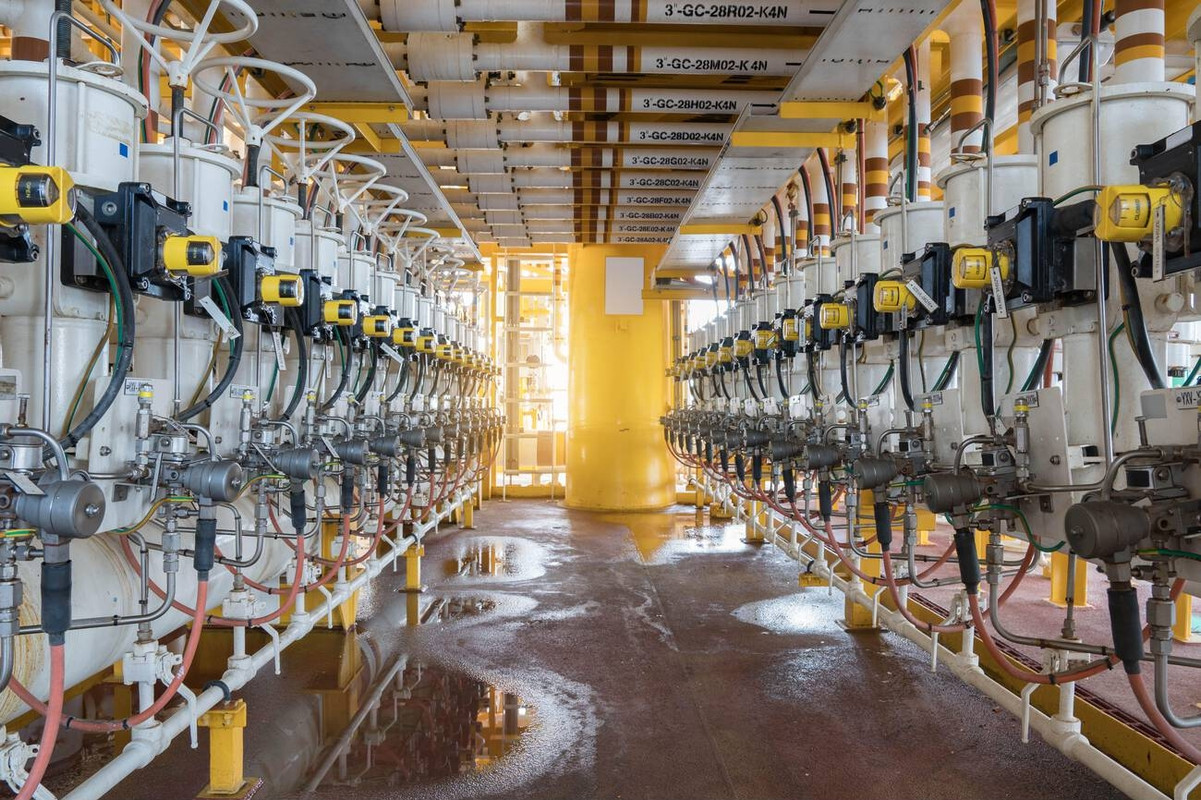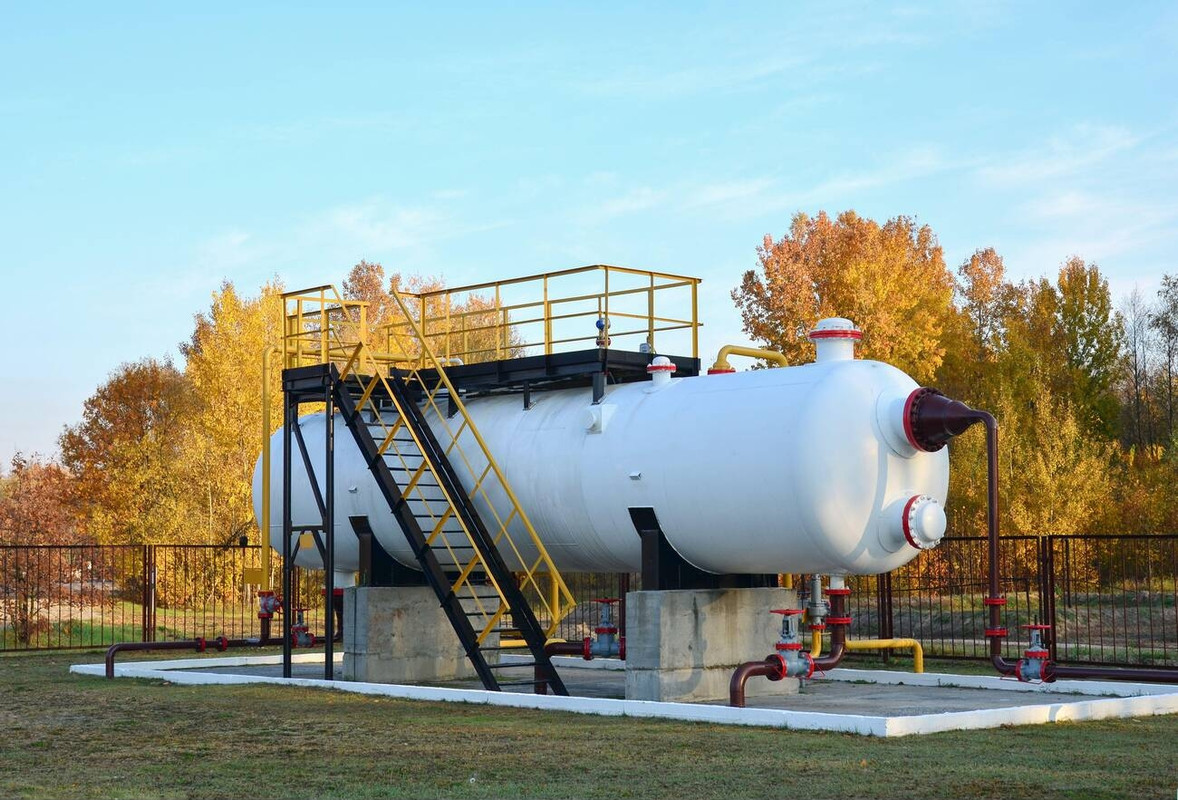Thrust into the realms of every significant industry, oil water separators have fulfilled a critical role in ensuring businesses operate smoothly, efficiently and within environmental guidelines. As rising industries grapple with vast quantities of water contaminated with oil by-products, the demand for reliable and effective oil water separators has never been more significant.
In industries where oil and water are intrinsically linked, such as automotive, petrochemical, oil and gas, food processing, and manufacturing, the separation of the two components is pivotal. A seamless extraction process not only improves operational efficiency but also mitigates harmful environmental footprint, thus underlining the importance of oil water separators.

The Fundamentals of Industrial Oil Water Separator
In a nutshell, an oil-water separator is a device that utilises gravity to separate oil and water mixtures into their separate constituents. By implementing a variety of physical and chemical techniques, such as coalescing, flotation, and skimming, this piece of equipment meticulously delineates oil from the contaminated water, rendering it harmless and compliant with environmental regulations.
These admirable contraptions serve as the backbone of numerous industries, more so for those with substantial water and oil handling tasks. From the petroleum industry, where they facilitate the purification of extracted oil, to manufacturing plants, where they augment the recyclability of wastewater, oil water separators are omnipresent.
Necessity of Oil Water Separators - Environmental Implications and Benefits
The correlation between industrial growth and environmental preservation has, for long, been a contentious issue. With industries invariably producing oil-contaminated water as part of their operations, the risk of environmental pollution soars high. Untreated discharge of this can culminate in devastating repercussions, including contamination of terrestrial and aquatic bodies, endangering wildlife, and violating environmental laws.
Conversely, the potential benefits accrued from efficient oil water separators can be immense. They facilitate the recycling of wastewater, promoting sustainability while reducing water costs. Moreover, their propensity to remove oil contamination effectively allows businesses to comply with strict environmental guidelines, thereby mitigating the risk of legal repercussions.

Key Features, Efficiency, and Reliability
To choose an oil-water separator optimally serves your industry-specific needs; one must deliberate on several factors. Paramount amongst these is the ability to understand your specific needs, which encompasses the type and amount of oil in your water, the desired level of purification, and the capacity of the separator.
Different separators are earmarked by their distinctive features, which could include compact design, automatic operation, simple maintenance, high-efficiency coalescing plates, and varied capacity. Lastly, the most defining factor is their efficiency and reliability, with a focus on remarkable separation rates, minimal maintenance, long operational life, and unrivalled reliability over time being pivotal pointers.
Top Oil Water Separators That Stand Out in the Market
Several brands have distinguished themselves in the arena of oil water separator, with JOWA, Wartsila Oily Water Separators, and clean water being prime examples. JOWA, renowned for its marine and cruise line applications, has a robust design, exceptional treatment capacity, and compliance with international standards. On the other hand, Wartsila’s separators boast of advanced technologies, a compact footprint, and automation capabilities. Clean water, a homegrown brand, stands out with their custom designs that cater to unique business requirements, proving highly efficient and reliable.
How to Maintain Your Oil-Water Separator for Optimal Performance
Routine and diligent maintenance can significantly enhance the performance and extend the lifespan of your oil water separators. Practical maintenance tasks involve regular inspection for leaks and damage, cleaning of internal components and the oily water collection area, routine maintenance of moving parts, and regular oil removal. Regular servicing and checks by professionals ensure that your equipment runs at maximum efficiency, preventing costly breakdowns and downtime.
Future of Oil Water Separators
With rapidly evolving technological landscapes, oil water separator is poised for a breakthrough. Innovations such as smart separators with real-time monitoring and predictive analytics capabilities, and ecological units harnessing natural bacterial action do command attention. Such advancements would invariably enhance their efficiency, reliability and sustainability quotient, paving for a promising future in industrial applications.
Conclusion
Industries are under increasing pressure to be more sustainable and reduce their environmental impact. Oil water separators play a critical role in mitigating this impact while enabling operational efficiency and cost savings for businesses. Thus, picking the right separator, implementing best practises for maintenance, and keeping an eye on the future trends can yield substantial dividends for industries. Our industrial world doesn't just need separators—they need efficient, reliable ones that will stand the test of time and contribute positively to the future of our planet.